Economist Richard Baldwin believes past economic transformations indicate what the digitech future might hold. Historically, tech drives change. Its main challenge is to replace jobs lost to innovation with new jobs fast enough to ease social disruption. Currently, white-collar workers face major infiltration by “globotics” – globalization and robotics. Long-term globotics will create new jobs for those with strong social skills and spawn a more just society. The unprecedented speed of this transformation puts society at risk for uprisings and revolt, as economists, innovators and students of the future of work will understand.
Technology causes economic transformation, which unleashes upheaval and backlash. Resolution follows.
For more than 1,000 years, economies relied on land production for human sustenance. The first steam engines appeared in the 1700s, and initiated three centuries of innovation and economic expansion. Mechanization eliminated many farming jobs while creating new occupations. Rapid innovation and growth created the conditions for the “special century” (1870–1970), which saw chain reactions of innovations. These spurred more growth and innovation and created more jobs.
Rapid transformation caused social unrest. Early urbanization created food insecurity among the working classes and intensified income inequality. The backlash didn’t find expression in political extremism (for example, fascism and communism) and economic instability (as in the Great Depression) until the first half of the 20th century. New Deal capitalism ended the backlash by protecting workers in the West, and initiated “three glorious decades” of prosperity. This dramatic cycle serves as a model for the Second Great Transformation – which began...
Richard Baldwin is professor of international economics at the Graduate Institute, Geneva and president of the Centre for Economic Policy Research (CEPR). He founded VoxEU.org, an economic policy portal, and serves as its editor-in-chief.








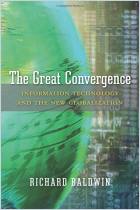
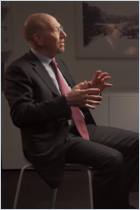
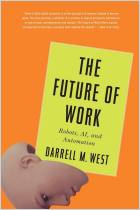
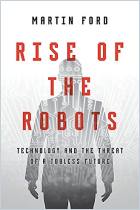
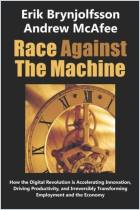
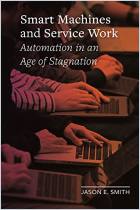
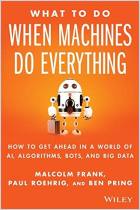
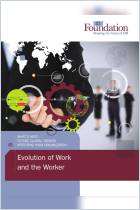



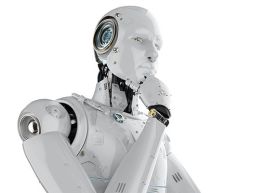

Comment on this summary or Start Discussion